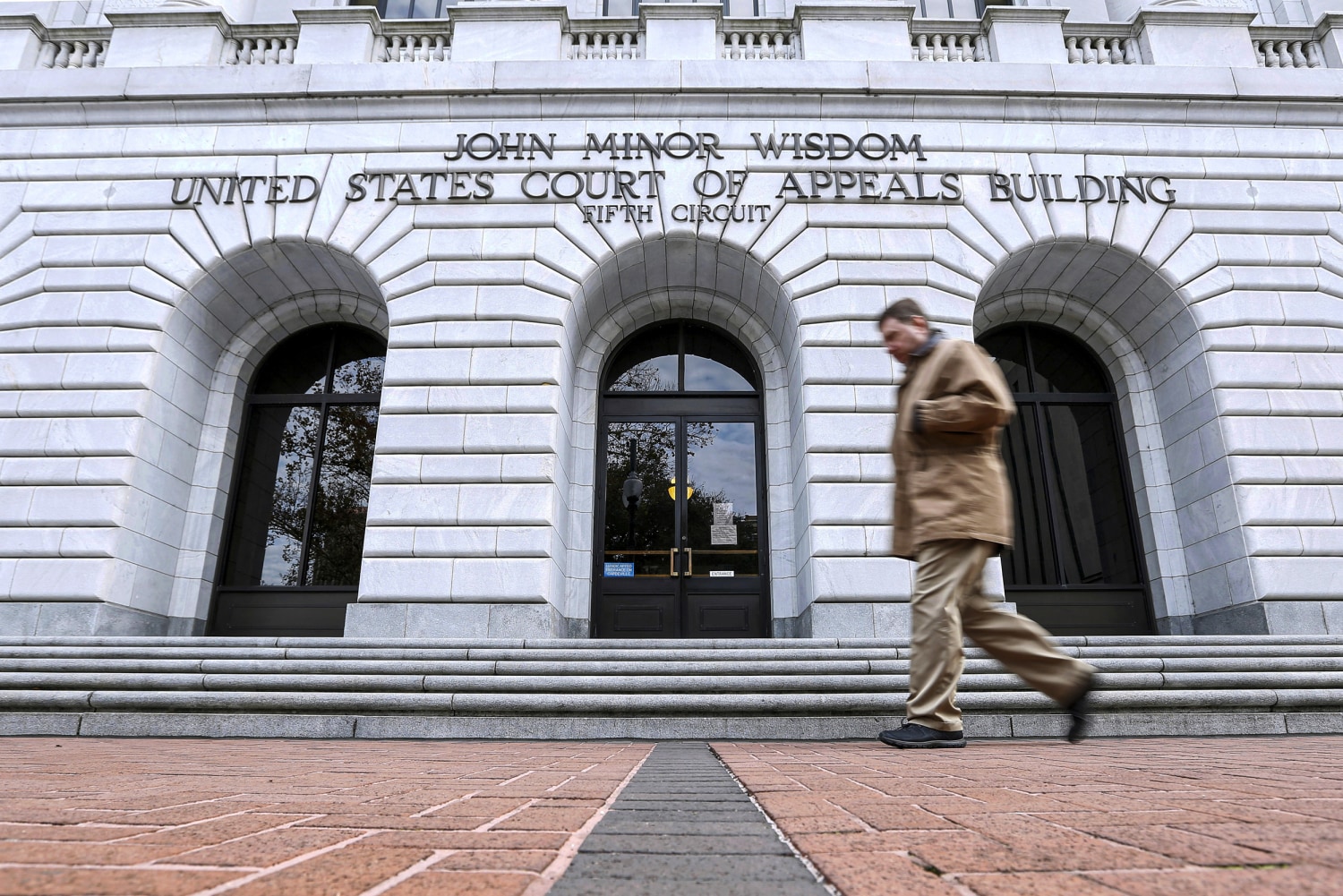Geofence Warrants and the Fourth Amendment
The Fifth U.S. Circuit Court of Appeals has ruled that so-called geofence warrants are unconstitutional. These warrants seek location information within a certain area and time frame as a means to identify suspects. However, the Fourth U.S. Circuit Court of Appeals came to the opposite conclusion in a recent case.
What Are Geofence Warrants?
Geofence warrants are judicial orders that authorize law enforcement to collect location data from devices within a defined geographic area and period. This data can be used to track the movements of individuals and link them to crimes.
The Case Before the Fifth Circuit
In the case of United States v. Smith, the Fifth Circuit considered a geofence warrant that was used to find robbers. The warrant authorized the government to collect location data from Google for all devices that were present in a certain area at the time of the robbery.
The Court’s Decision
The Fifth Circuit panel held that the warrant was unconstitutional because it was not supported by probable cause. The panel reasoned that the government did not have a reasonable belief that the robbers’ phones would be present in the geofenced area at the time of the robbery.
The Split With the Fourth Circuit
The decision by the Fifth Circuit splits with the Fourth Circuit’s ruling in United States v. Chatrie. In that case, the Fourth Circuit held that it did not count as a search under the Fourth Amendment when the government obtained two hours of location data from Google that had been voluntarily exposed by the defendant.
Could the Supreme Court Take Up the Issue?
Circuit splits generally increase the chances of Supreme Court review. However, there are a few reasons why the Supreme Court may not take up this issue soon. First, the rulings by the Fifth and Fourth Circuits are not necessarily the final word within those circuits. Both cases were decided by three-judge panels, and the full appeals courts could reach different conclusions.
Additionally, the Supreme Court has not been eager to take Fourth Amendment cases lately. Its biggest such case in recent years was Carpenter v. United States, decided in 2018. However, both of the rulings on geofence warrants cite Carpenter to reach different conclusions, suggesting that the justices have open questions to settle in this area of the law.
Conclusion
The Fifth Circuit’s ruling on geofence warrants is a significant development in the law. It is unclear whether the Supreme Court will take up the issue, but the split between the Fifth and Fourth Circuits suggests that there is uncertainty in this area of the law.
